Achieving More Together
Companies and associations, non-governmental organisations, trade unions, standard organisations, and the German government - the various groups of actors in the Textiles Partnership contribute their respective experience and expertise to projects and Partnership initiatives. Through them, the Textiles Partnership can play to its strengths as a multi-stakeholder initiative and efficiently bundle forces. In addition to the Partnership members, local actors and other cooperation partners are often also involved. The aim of the joint projects is to improve social and ecological conditions and to implement corporate due diligence along the value chain.
From the 3rd year in the Textiles Partnership at the latest, Partnership members must participate in Joint Commitment projects. They can join ongoing projects and Partnership initiatives or contribute their own ideas for new projects. The prerequisite is that the project ideas contribute to the Textiles Partnership focus topics :
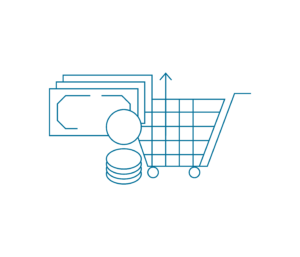
Living Wages and Purchasing Practices
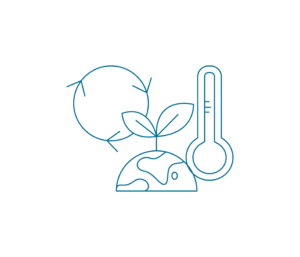
Circular economy and climate protection
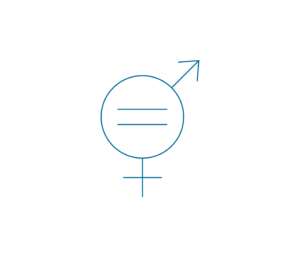
Gender equality
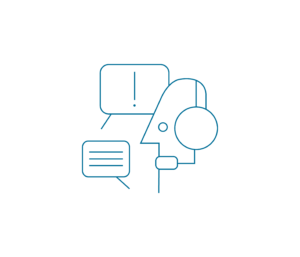
Grievance mechanisms and remedy
Participation
The partnership initiatives follow a multi-stakeholder approach: Members from at least two stakeholder groups, including at least one NGO/trade union, from the Textiles Partnership (or the implementing country) must participate.
If possible, local actors should be involved in the implementation of projects from the very beginning. A transfer of established results/approaches into local ownership is also promoted.
Impact assessment
The projects make a measurable contribution to achieving the formulated goals (or KPIs) of the focus topics.
In addition, the members of the partnership initiative develop a concept for impact measurement with SMART indicators.
Due Diligence
The projects implement promising approaches for the ambitious fulfilment of corporate due diligence obligations.
Mutual Support
The partnership initiatives contribute to peer learning and capacity building among the actors.
Furthermore, they are open to the participation of other interested parties (financially and in-kind).
Financing
The total project volume is made up of the project partners' own contribution and the public funding share.
The project partners make their own contribution through financial and/or in-kind services, for example the working time of employees.
Partnership Initiatives
Find out more about our ongoing and completed Partnership Initiatives here: complaints mechanisms, living wages, Tamil Nadu, wastewater, chemicals and environmental management.
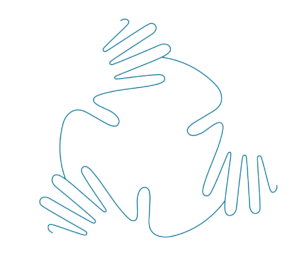
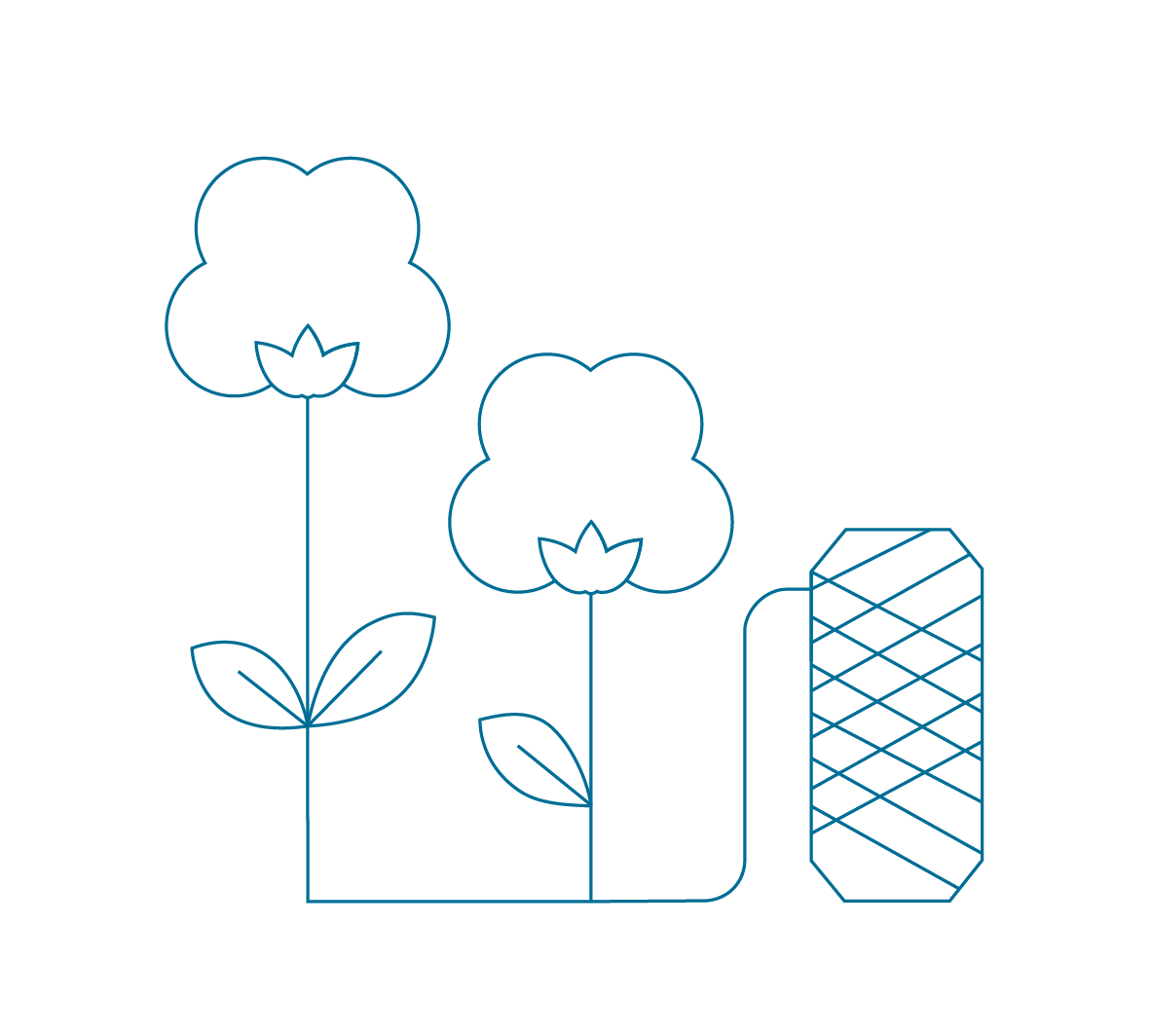
Joint projects
In opposite to the Partnership Initiatives, these pilot projects often have a smaller scope and fewer project partners. Thus, pilot projects are often more flexible and can provide important insights for more target-oriented and effective impacts along textile supply chains.
Call for Proposals
Get support for due diligence implementation! By joining project partnerships, you can leverage your resources, receive financial support, and take advantage of project assistance provided by GIZ.

Projects Worldwide
Our members and cooperation partners also contribute beyond the work of the PST to the improvement of social, ecological and economic conditions along the entire textile supply chain. In the interactive world map, you will find information on around 50 projects.


